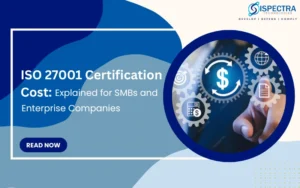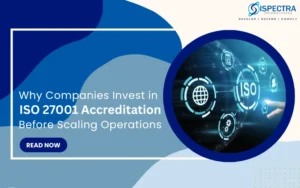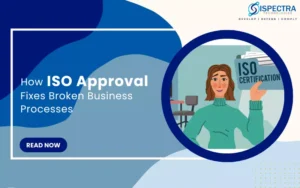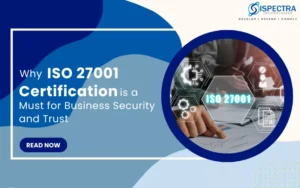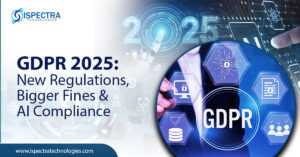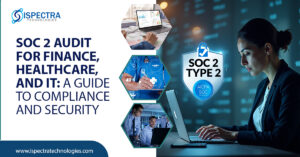Integrating SOC 2, GDPR, and ISO 27001 in Healthcare for Robust Data Protection
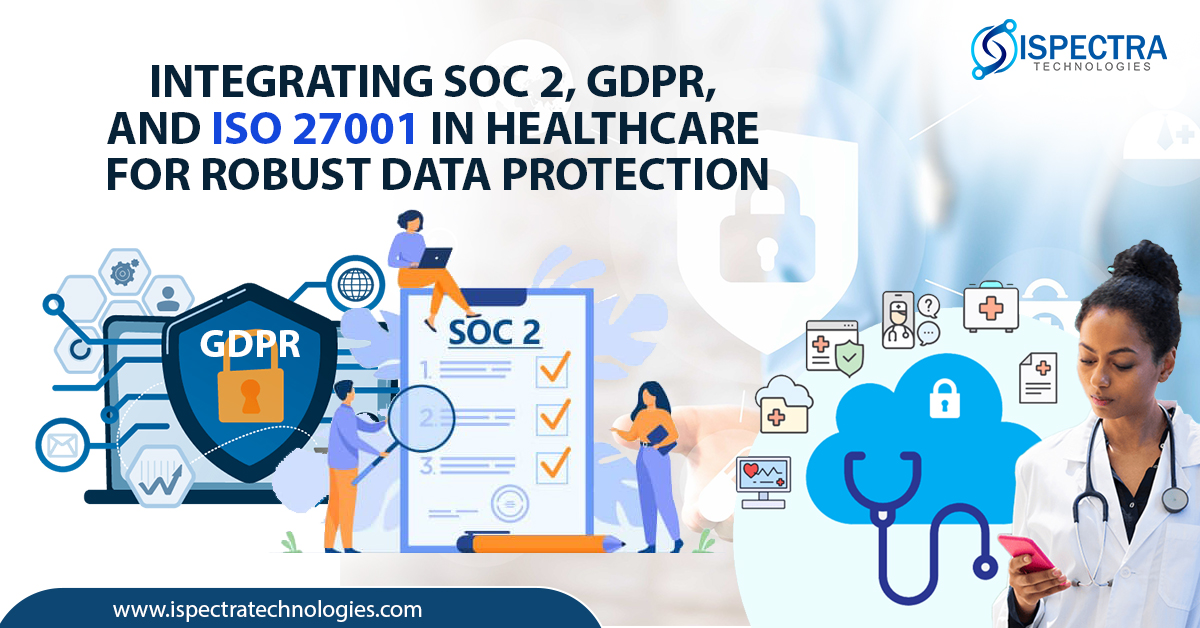
Protecting sensitive patient data is a critical priority for healthcare organizations. Compliance with regulations like GDPR, SOC 2, and ISO 27001 provides a strong foundation for safeguarding information and maintaining trust. Integrating these frameworks ensures a comprehensive approach to data security while streamlining operations with healthcare automation. By working with a GDPR service provider, ISO27001-certified company, and SOC2-compliant expert, healthcare providers can build secure and efficient systems to protect patient data.
The Importance of Data Protection in Healthcare
Healthcare organizations are frequent targets of cyber threats due to the sensitive nature of the data they manage. Data breaches can lead to severe consequences, including financial losses, legal penalties, and a decline in patient trust. Aligning with GDPR, SOC 2, and ISO 27001 offers several advantages:
- Improved security measures to address vulnerabilities.
- Compliance with international and regional regulations.
- Transparency in data handling to support patient trust.
Key Components of an Integrated Compliance Approach
-
GDPR: Protecting Personal Data
The General Data Protection Regulation (GDPR) focuses on ensuring privacy and securing personal data. A GDPR service provider can assist healthcare organizations in implementing:
- Data encryption to protect patient information.
- Mechanisms for reporting data breaches within 72 hours.
- Clear and accessible data usage policies for patients.
-
SOC 2: Strengthening Trust in Data Handling
SOC 2 is designed to ensure data is managed with security, availability, processing integrity, confidentiality, and privacy. Achieving SOC2 compliance involves:
- Implementing access controls to prevent unauthorized data access.
- Real-time monitoring of systems to ensure data integrity.
- Developing secure processes for sharing data across systems.
-
ISO 27001: Establishing Information Security Management
ISO 27001 is a globally recognized standard for implementing and maintaining information security. Partnering with an ISO27001-certified company provides:
- Detailed risk assessments to identify and address vulnerabilities.
- Policies for safe data storage and controlled access.
- Regular audits to ensure ongoing compliance with security standards.
The Role of Healthcare Automation in Compliance
Healthcare automation plays a significant role in managing compliance effectively. Automation integrates tools that enable continuous monitoring, secure data handling, and seamless reporting. Key benefits include:
- Proactive monitoring: Automated systems detect and report compliance issues immediately.
- Minimized errors: Automating repetitive tasks reduces the chance of human mistakes.
- Simplified reporting: Automated compliance reports make audits and submissions efficient.
Collaborating with a healthcare security services provider ensures that automation solutions align with GDPR, SOC 2, and ISO 27001 requirements.
Why Integration Matters?
Integrating GDPR, SOC 2, and ISO 27001 ensures a unified approach to data security, offering:
- Streamlined risk management strategies.
- Fewer operational redundancies and more efficient processes.
- Scalability to adapt to new security challenges and regulations.
Conclusion
Compliance with GDPR, SOC 2, and ISO 27001 provides a solid framework for protecting patient data while maintaining regulatory standards. With the support of healthcare automation and expert services, organizations can secure their operations, reduce vulnerabilities, and maintain trust.
Secure Your Healthcare Data Today
Partner with Ispectra Technologies, a trusted GDPR service provider, SOC2-compliant expert, and ISO27001-certified company, to integrate industry-leading compliance frameworks with advanced healthcare automation solutions.
Contact us today to learn how we can help you achieve robust data security and operational efficiency.
Categories
- Cloud Engineering (3)
- Cloud Transformation (11)
- Cyber Security Services (24)
- DPDP (3)
- GDPR Services (4)
- Healthcare (6)
- HIPAA (1)
- ISO 27001 certification (7)
- RCM (1)
- Revenue Cycle Management (1)
- SIEM (2)
- SOC 2 (2)
- SOC 2 Audit (28)
- SOC 2 Certification (1)
- SOC 2 Compliance (16)
- Software Engineering (6)
- Strategic Risk Management (SRM) (2)
Tags
- No tags found for this post.

